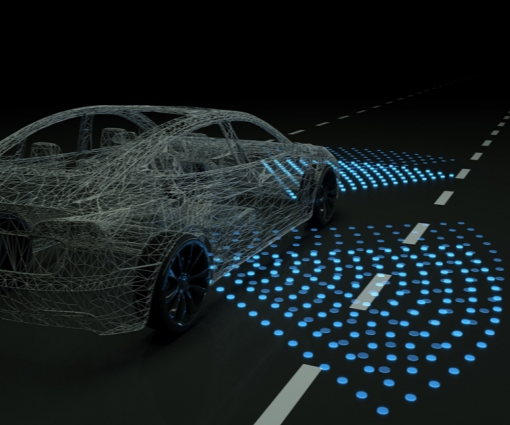Image

Automated Driving
Using a photorealistic simulation engine, vehicles learn to drive in the real world and recover from near-crash scenarios
CAMBRIDGE, Mass. -- Collaborative research between TRI and the Massachusetts Institute of Technology (MIT) has developed a simulation system to train driverless cars by creating a photorealistic world with infinite steering possibilities. This helps the cars learn to navigate a host of worse-case scenarios before cruising down real streets.
A summary of the project can be found on news.mit.edu.
A paper describing the system has been published in IEEE Robotics and Automation Letters and will be presented at the upcoming ICRA conference in May.